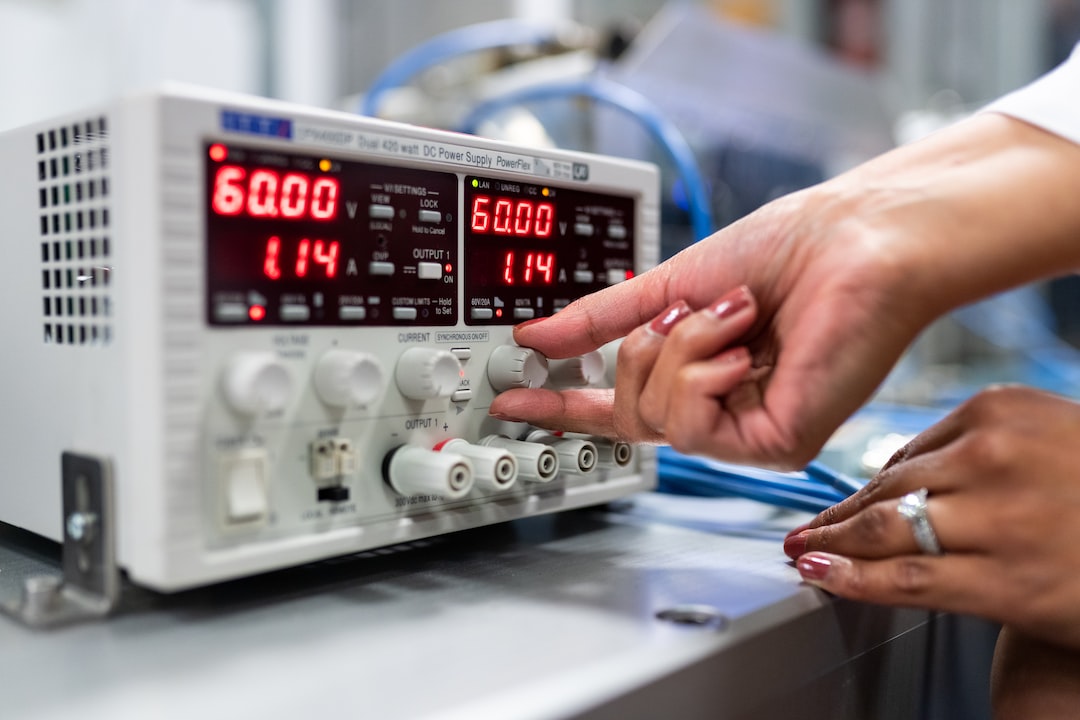How Engineers Are Reshaping the Healthcare Industry
The healthcare industry is constantly evolving, and one of the driving forces behind this transformation is the ingenuity of engineers. With their expertise in technology, design, and problem-solving, engineers have played a vital role in reshaping the healthcare landscape, improving patient care, and revolutionizing medical practices.
One area where engineers have made significant contributions is in medical device development. From MRI machines to prosthetic limbs, engineers have been instrumental in creating innovative solutions that enhance the quality of healthcare. They work closely with healthcare professionals to identify unmet needs and develop devices that are safer, more effective, and less invasive.
For example, engineers have developed advanced robotic surgical systems that allow for more precise and minimally invasive procedures. These systems enhance the capabilities of surgeons, enabling them to perform complex surgeries with greater accuracy and control. Not only do these advancements result in better patient outcomes, but they also reduce the risks associated with traditional open surgeries, such as infection and excessive blood loss.
Engineers have also played a crucial role in the development of medical imaging technologies. Magnetic resonance imaging (MRI) and computed tomography (CT) scanning have revolutionized the diagnosis and treatment of diseases. Through their expertise in physics, electronics, and image processing, engineers have made these imaging techniques more efficient, faster, and less invasive. They have also contributed to the miniaturization of imaging devices, making them more accessible in a variety of healthcare settings.
The advent of telemedicine has also been made possible by engineers. With advancements in communication technology, engineers have created platforms that allow doctors to remotely diagnose and treat patients. Telemedicine has eliminated geographical barriers, enabling patients in remote areas to access specialized care without having to travel long distances. It has also facilitated virtual consultations, where healthcare professionals can connect with patients through video calls and provide timely medical advice. This has been particularly valuable during the COVID-19 pandemic, as it reduces the risk of infection and preserves healthcare resources.
Engineers are also reshaping healthcare through the use of data and analytics. With the emergence of electronic health records (EHRs) and other digital healthcare systems, engineers have developed tools to analyze vast amounts of patient data, leading to improved diagnoses and personalized treatment plans. By utilizing machine learning algorithms, engineers are able to identify patterns and predict outcomes, aiding physicians in making more informed decisions. This data-driven approach not only enhances patient care but also reduces healthcare costs by avoiding unnecessary tests and interventions.
Furthermore, engineers have been at the forefront of developing wearable medical devices, which monitor vital signs and gather real-time data about a patient’s health. From fitness trackers to continuous glucose monitors, these devices have empowered individuals to take control of their own health and well-being. Engineers have made these devices more accurate, user-friendly, and connected, allowing patients and healthcare professionals to access valuable health information remotely.
In conclusion, engineers have significantly contributed to reshaping the healthcare industry through their innovative solutions and technological advancements. From the development of medical devices to telemedicine and data analytics, engineers have played a pivotal role in improving patient care, efficiency, and accessibility. As the industry continues to evolve, it is clear that engineers will continue to drive innovation and shape the future of healthcare.

